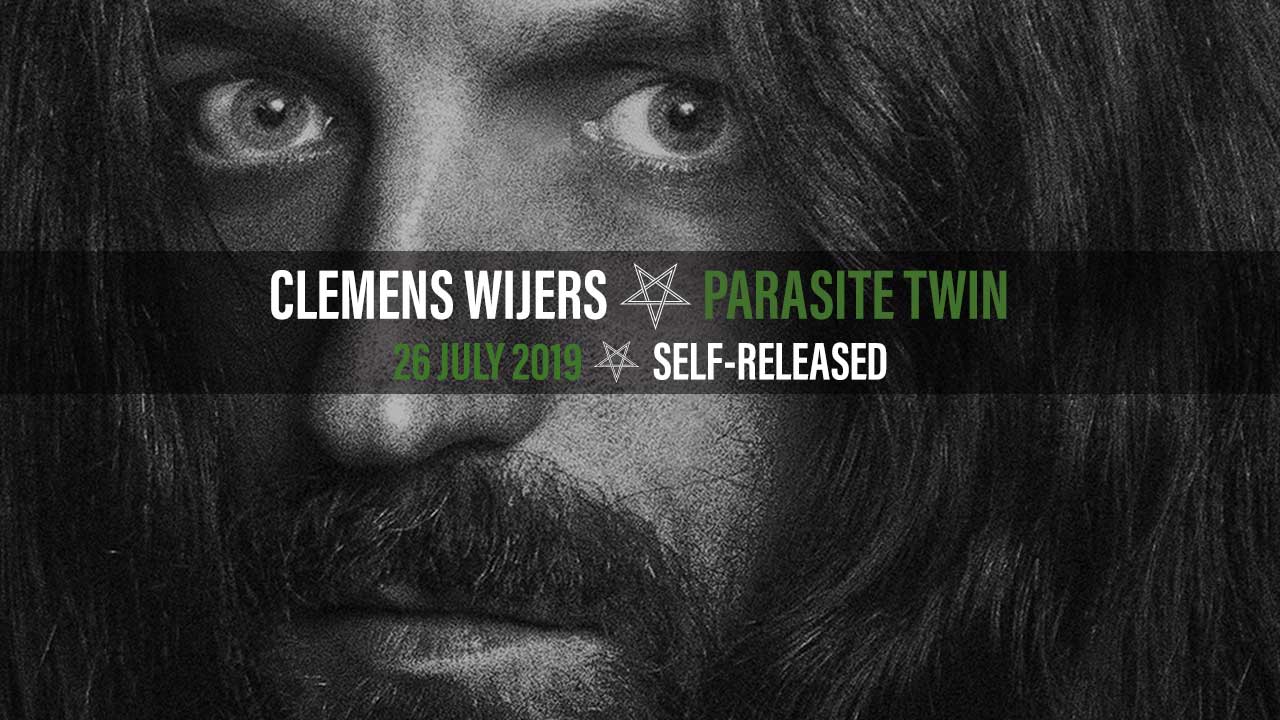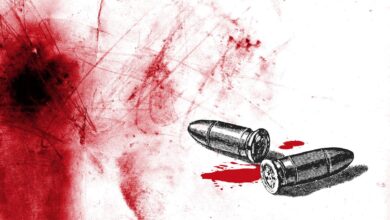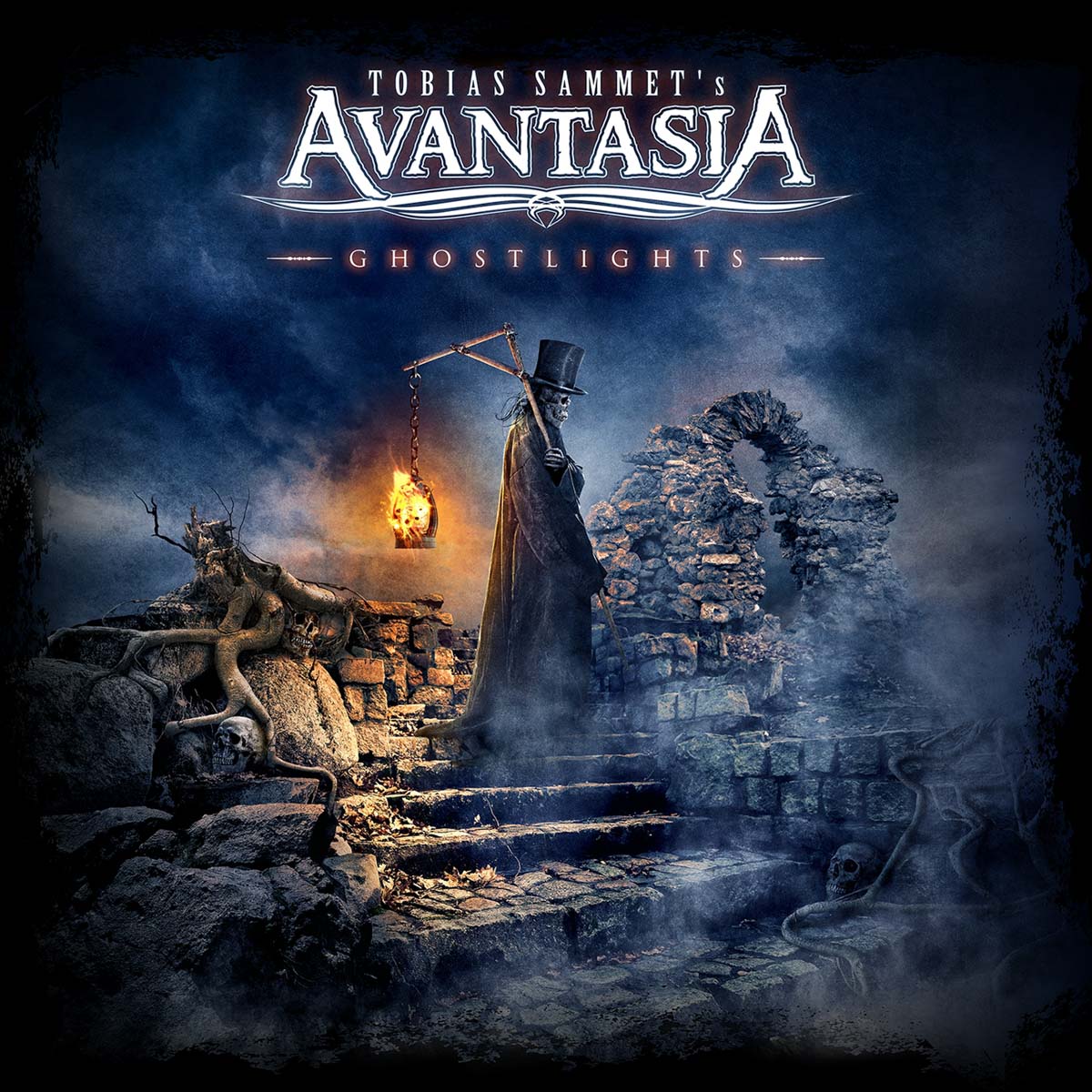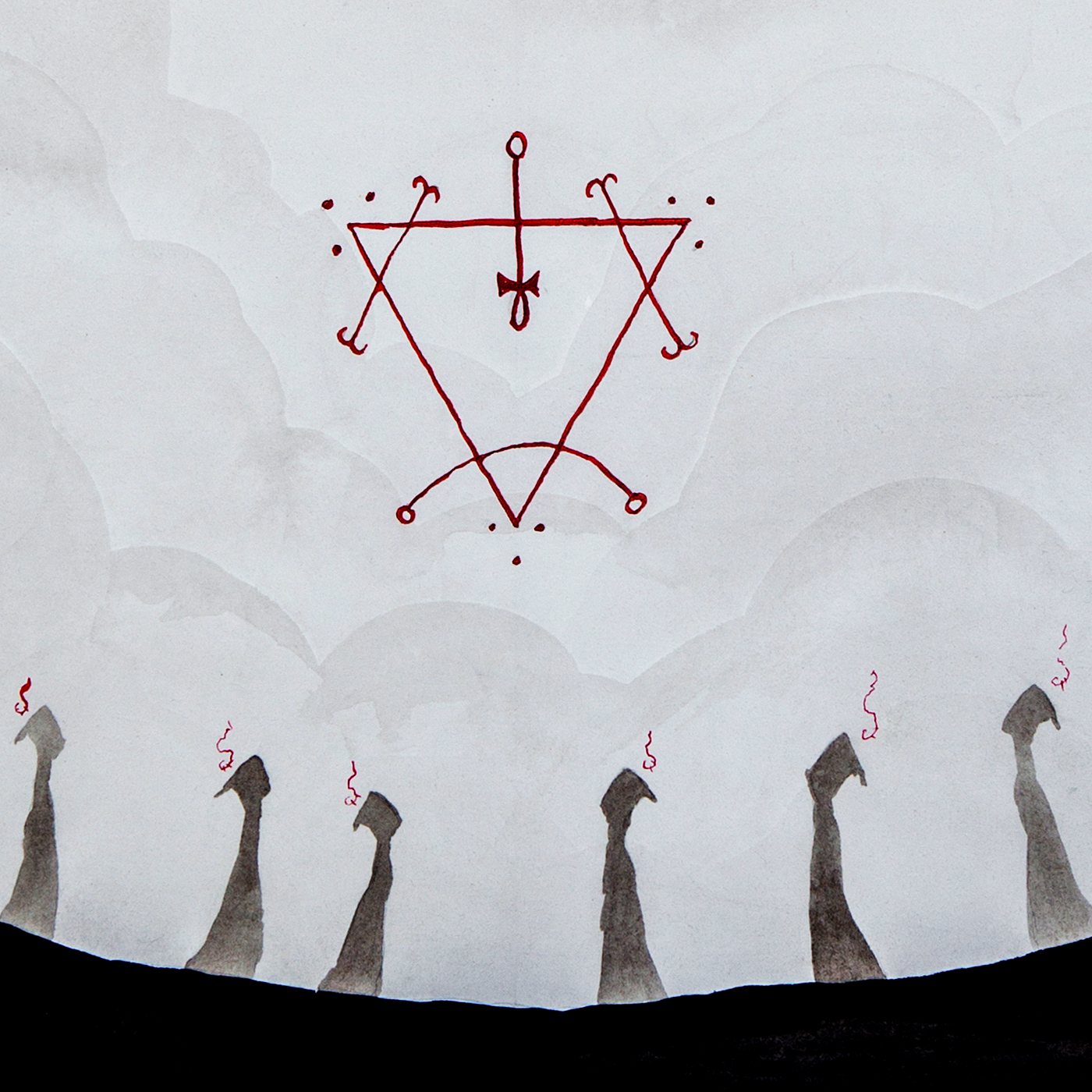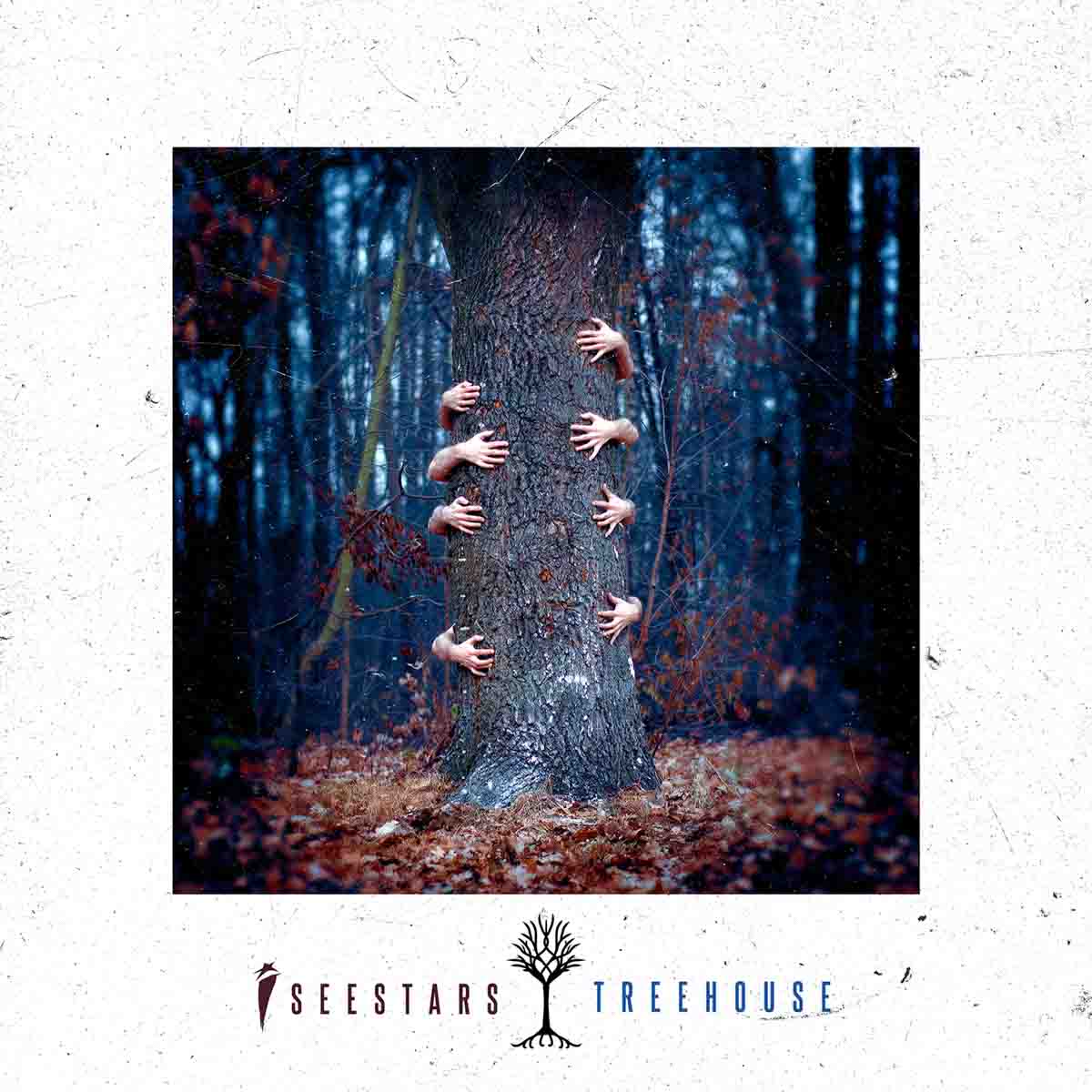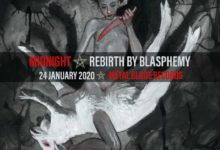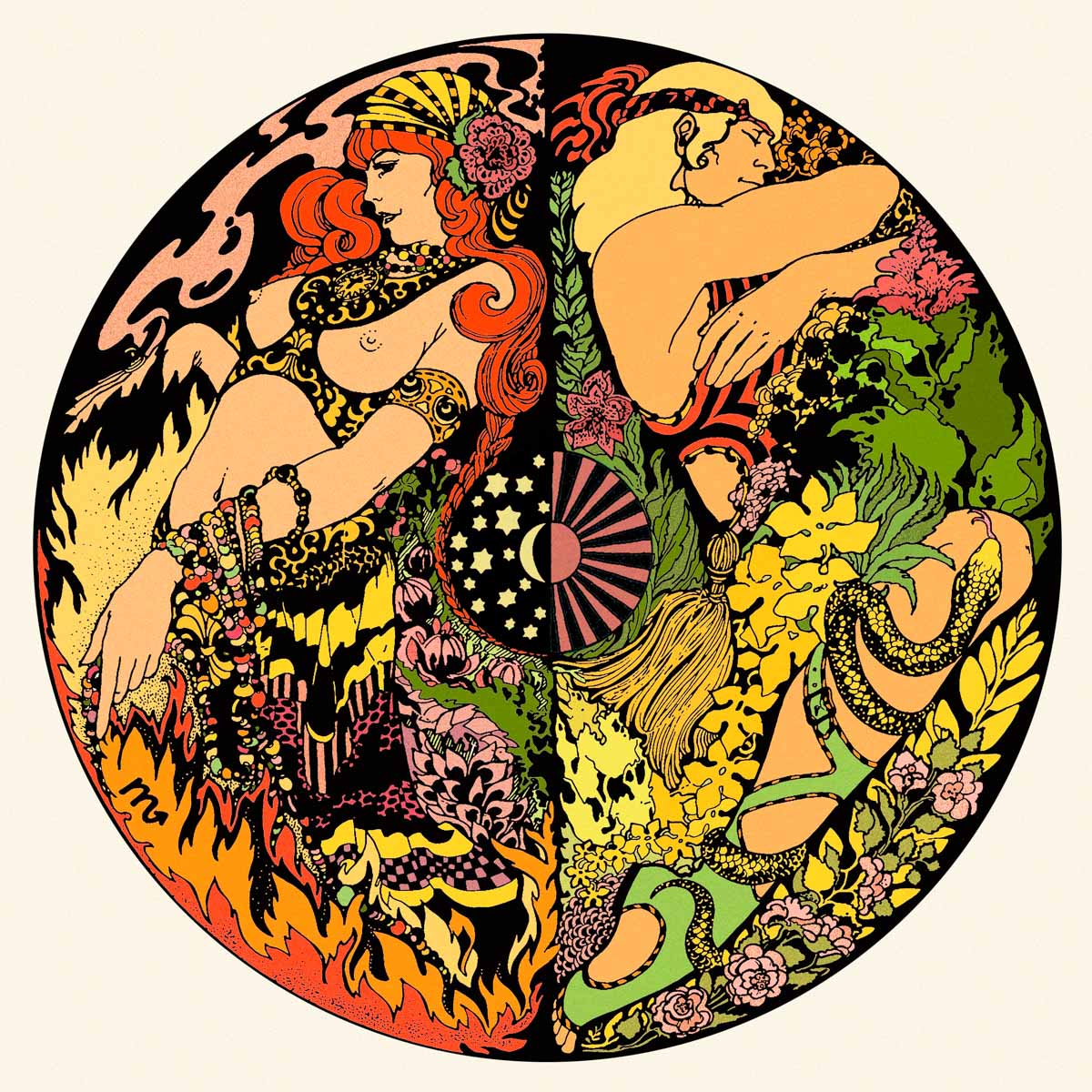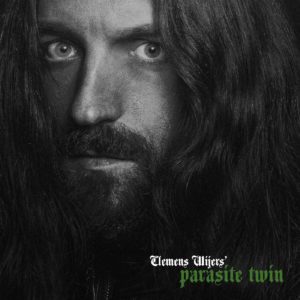 Clemens “Ardek” Wijers is best known as the keyboardist for Netherlands metal trio Carach Angren. Given the success of his 2017 debut full-length, Worlds, Wijers found it natural to follow that up. What began as a spontaneous few dozen non-album tracks would soon mark the inspiration for a potential solo release. Eventually, Wijers fleshed out a small handful of those within the collection he’d deemed most representative. The result is what would come to be known as the Parasite Twin EP.
Clemens “Ardek” Wijers is best known as the keyboardist for Netherlands metal trio Carach Angren. Given the success of his 2017 debut full-length, Worlds, Wijers found it natural to follow that up. What began as a spontaneous few dozen non-album tracks would soon mark the inspiration for a potential solo release. Eventually, Wijers fleshed out a small handful of those within the collection he’d deemed most representative. The result is what would come to be known as the Parasite Twin EP.
“Machine” serves as the EP’s opener, setting an initial foundation of airy string arrangements around simple, yet impactful percussion. The guitar and bass sequences are laid down in a similarly blunt manner and are matched in intensity by complementary symphonic accentuations. I felt that Wijers’ vocal approach was a solid fit, as its shifting tonality almost emulates a machine’s succession over time – from a sporadically-used experimental project to a fiercely dominant component of society. The title track then raises the momentum, its intro assuming several swift permutations while keeping a consistent flow. Based on how the verses and chorus were laid down, I appreciated Wijers’ efforts in striving to utilize his vocals more. This song is where I began homing in on the honesty, sharpness, and, to an extent, humor, that his voice emits, and by that, it makes sense that this is the EP’s carrier single.
Moreover, the mid-point’s defining tracks of “Nightmare” and “Fucked Up” demonstrate that “Parasite Twin” is only one of the EP’s highlights. The first song features a gradual, combinative unveiling of strings, horns, and synths, bolstered by a catchy sensibility emanating from the guitars and vocals. By contrast, its successor makes primary use of beats over lyrics, shifting between a fuzz-tinged industrial groove and a spiky breakbeat. In the EP’s closing track, aptly titled “Closing In,” I can sense bits of those elements carried over in their own nuanced way. Whether intentional or not, I was also reminded of how the piano melody channels certain horror nostalgia. The amount of space around the track is apparent once the instrumentation hits a lull halfway. From there, I could further appreciate how each element regains its presence cohesively, in both the soaring acoustic solo and the punctuating chorus that eventually caps the song.
Overall, Parasite Twin incorporates a newly-invigorated – albeit more succinct – implementation of Clemens Wijers’ signature influence scope. Each song, despite the abstract layers in their composition, seems to carry a certain hook factor, not only instrumentally, but in shaping the EP’s general pace. Additionally, these songs serve as a telling example of Wijers’ coming to form not only as a songwriter but as a distinctive vocalist in much the same way. I look forward to hearing how Wijers grows in both his band and solo endeavors.

